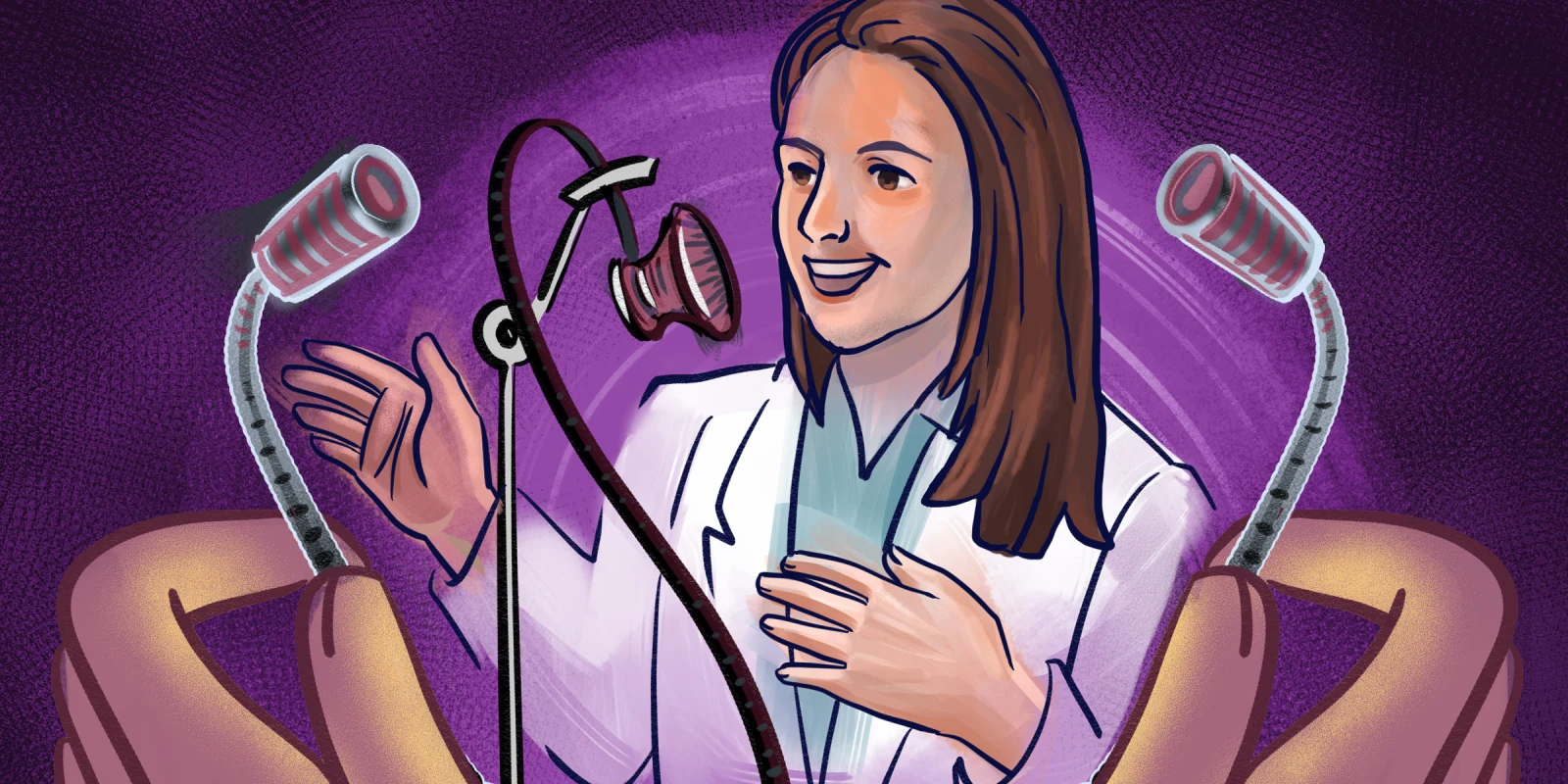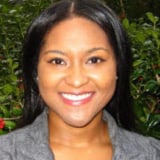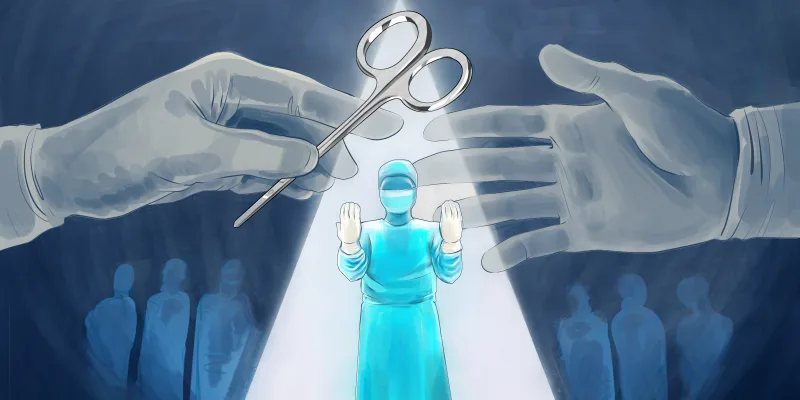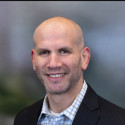Expanding a family can be a complicated process for patients, even for patients who are doctors themselves. Briana Rudick, MD is the director of the Columbia University Fertility Center's Third Party Reproduction Program. She is board certified in Obstetrics and Gynecology and Reproductive Endocrinology and Infertility. Doximity asked Dr. Rudick to share how the field has evolved and what women physicians should consider about their own fertility.
Doximity: How has the field of reproductive endocrinology & infertility evolved since you began your career?
Briana Rudick, MD: It has evolved quite a bit in the last 15 years. [There have been] a lot of positive changes from better freezing technology, increasing applications of genetic testing on embryos, to the ability to transfer fewer embryos while maintaining high success rates (thus lowering the chances of multiple gestation). The world of third-party reproduction has truly expanded. And of course, fertility preservation has become its own subspecialty unto itself. I love that LGBTQ family building is taking a front seat in our field as well, as this is something that I feel passionate about both in my work and on an advocacy level.
Dox: What was your very best moment as an ob/gyn infertility specialist so far? Why?
BR: I continue to experience "best moments" on a regular basis! I actually save all my thank you [cards], holiday cards, thank you emails, and gifts as reminders to myself when I'm having a difficult moment. Many of my best moments in this field are when I'm acting more in the capacity of a therapist than a doctor ... just listening. The human moments with patients go a long way. Especially when we know we won't always be successful. But hands down the best moment was when my kids reached an age where I could explain to them what I do. [They expressed] pride and wonderment. That I have devoted my career to building families seems to sit well with them ... and in turn reinforces how much family means to me. They can be proud of their mom.
Dox: What do you wish your patients would ask you?
BR: This is a tough one and I feel like it varies from patient to patient. I think in today's day and age women have more choices about when to have a family. We have not just the field of fertility to thank for this, but also the fields of family planning and maternal fetal medicine. Everyone seems to be focused on the "ideal time" to have children as if such a time exists. Our patients, especially the proactive ones, like to plan out as much as possible, a testament to their organization and determination. But no one knows what life will hold. And in the end, once we have these cuties, all we want as parents is more time with them. Not just more hours in a day. But more years in a life. So from that perspective, I always think of the best time as "sooner rather than later." But I know that is my own inherent bias as a mom.
Dox: What advice about fertility would you share with young women physicians in training?
BR: Don't forget about your own family planning goals. You deserve to have a family if you want one. Even if you aren't sure you want one, by age 34, if you are not actively getting pregnant, freeze embryos. It's better to have it and not need it than to need it and not have it. And like everything else health related, an ounce of prevention is worth a pound of cure. More than a pound. Sometimes prevention is truly the only way.
What one change do you think is most important for women in medicine to accomplish?
I am seeing more and more medical professionals at all stages of training who are using fertility preservation technologies, which is huge. This has been a welcome change over the course of my career. It doesn't surprise me ... we have always been a smart group! I would like to see more of a focus on parental leave — and if two partners are present — for both of them. I think our institutions and our society in general have a long way to go here.
Dox: Tell us about a time when you felt empowered as a woman in medicine.
BR: I have an amazing team that I work with in my practice. Sometimes younger team members ask me advice about a case, or ask me advice about family life and being a mom, balancing life and work. Both types of questions make me feel empowered ... not that I have all the answers, as I most definitely do not. But it makes me feel like we are all in it together, regardless of what stage of life we are in. I feel empowered when my daughter asks me question after question about the human body fully expecting that I will have an answer ... as if I hold all the secrets of the universe in my understanding of anatomy and how the body works.
Dox: If you had an extra hour in the day, how would you spend it?
BR: With my family, or reading a regular, non work-related book. A real book. With real pages. NOT on a screen.
Dox: What would you like our readers to know about infertility that we haven’t already covered?
BR: For all of you young women in medicine who are already on the path to long working hours — consider your own fertility preservation. This is so important and could save you time, money, and disappointment later on.
This interview has been lightly edited for length and clarity.






